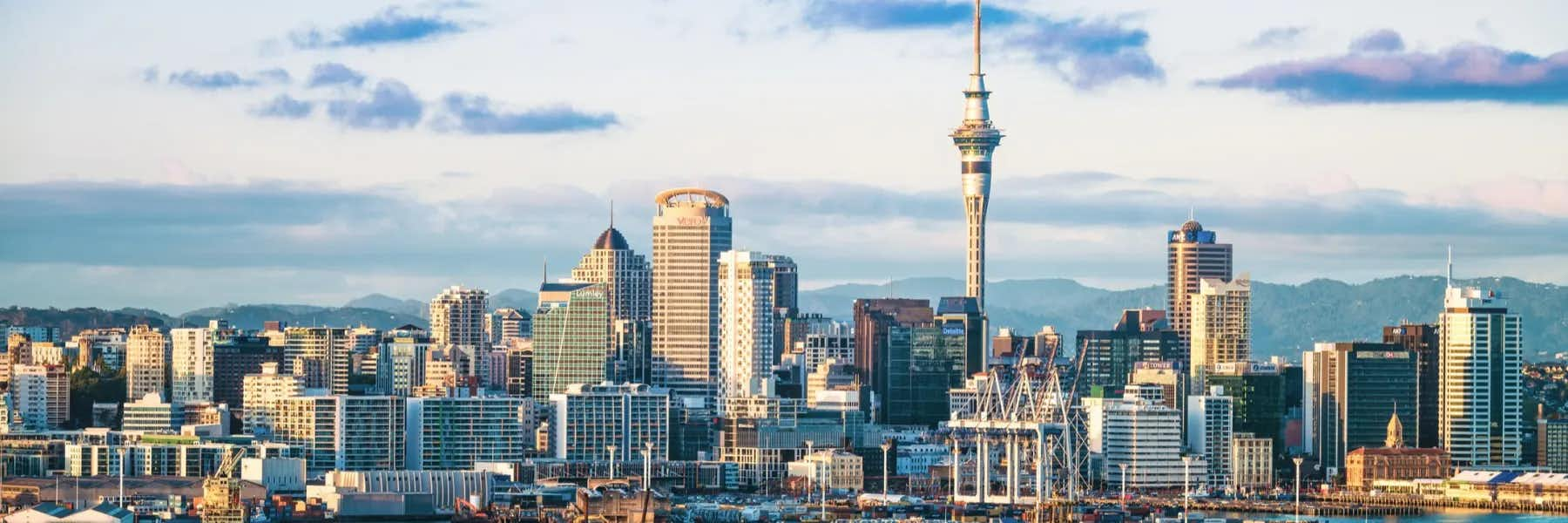Expats who choose to relocate to New Zealand quickly learn that the country’s small size and geographic isolation contribute to a higher cost of living. For those moving from the U.S., the increased price of fuel may come as a particular shock.
As in any country, living like a local will help your dollars go much further. Purchasing food from regional farmers’ markets and cooking at home will contribute greatly towards lowering your monthly grocery budget, and it pays to buy what’s in season in the southern hemisphere. New Zealanders tend to be thrifty, and buying (or trading) second-hand, owning one vehicle per family, and using vacations to take part in low-cost activities like hunting, hiking, or visiting the beach are all deeply ingrained in Kiwi culture. Following suit will help you save as well as connect with the community around you.
The American dollar has traditionally held higher values than the New Zealand dollar, which is an added benefit for U.S. expats. When currency exchange rates are factored in, most day-to-day costs in New Zealand are the same or even lower than those in the States.
One notable exception is housing. Prices for renting and buying a home have gone up dramatically in recent years, but quality hasn’t necessarily followed. While it’s a typical Kiwi response to “put on another jumper (sweater)” during the winter months, you’ll be much warmer—and budget-savvy—if you invest in a newer home (particularly one built in the last five years) with double-glazing and proper insulation.
Expats will find prices for New Zealand’s government-funded medical care system much more appealing. An unscheduled visit to an after-hours facility for a minor illness, including prescription medication, will only run about $68 for an overseas visitor. Residents, extended (2+ years) work visa holders, and New Zealand citizens tend to pay no more than 1/3 of these costs. Many emergency incidents are treated completely free of charge by the Accident Compensation Corporation (ACC). This government agency oversees the country’s universal no-fault accidental injury scheme, which offers services to anyone visiting or living in New Zealand.
If you’re considering relocating to New Zealand, make a list of what matters most to you. Are you looking for beachfront property? Close access to city life? A mountain getaway? Or a quiet home among vineyards? All of these options have different price points associated with them, and it’s worth investing in a place where you’ll be happy. That being said, at 103,483 square miles, no destination in New Zealand is ever that far from another—which is just one of the reasons it’s an excellent choice for those expats keen to relocate to a new lifestyle.
Here are some examples of average monthly expenses for living in New Zealand:
| Expense | U.S.$ |
| Condo (basic, one- or two-bedroom) | $950 to $1,500 |
| Home (basic, two- or three-bedroom) | $1,600 to $2,400 |
| Electricity, heating, and other utilities for a 900-square-foot apartment | $80 to $200+ (depending on time of year) |
| Fuel (petrol) | $1.31 per liter |
| Groceries | $560 – $730 |
| Cell phone plan | $21 – $29 |
| Three-course mid-range restaurant meal for two | $42 – $60 |
| High-speed internet (ADSL) | $46 – $75 |
| High-speed internet (Ultrafast Fiber/Cable) | $50 – $93 |
| Cinema, international release | $9 |





